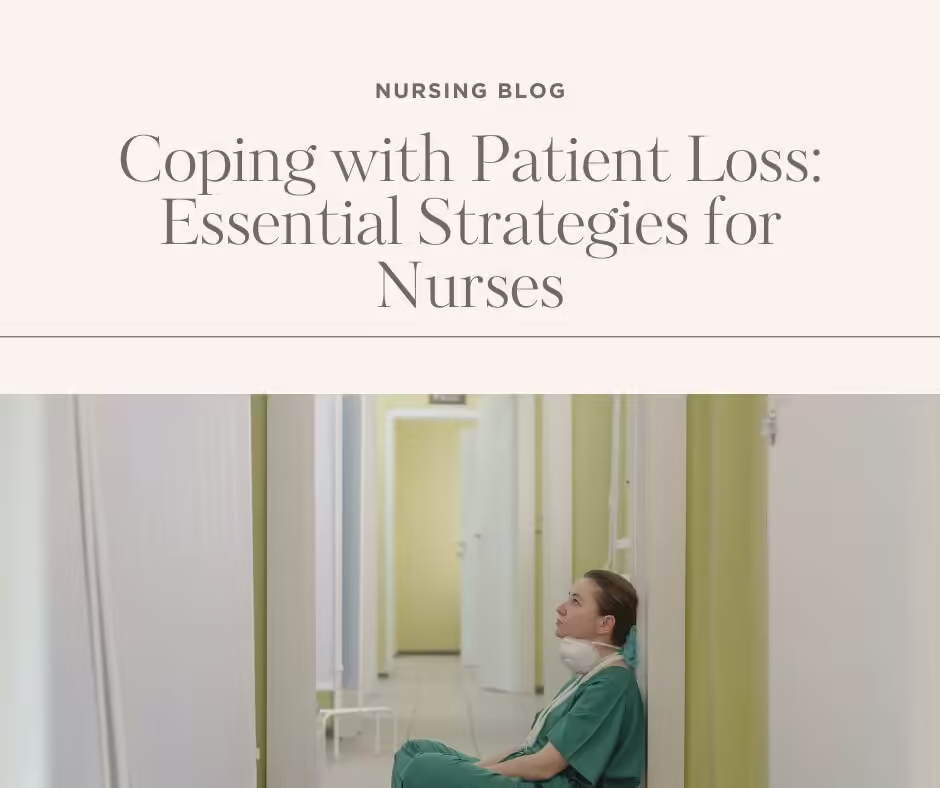Have you ever wondered how nurses cope with patient loss in Nursing?
As nurses, we are privileged to witness life’s profound moments—celebrating new beginnings and embracing farewells with heartfelt compassion.
From the tender cries of newborns to the solemn farewells of those entrusted to our care, we stand witness to the entirety of the human experience.
Understanding the Journey Patient Loss in Nursing
Coping with Patient Loss in Nursing is not just about managing emotions; it is about navigating a deeply personal and professional journey.
As a nurse, the journey of caring for patients traverses moments of joy and sorrow.
The first encounter with a dying patient evokes a whirlwind of emotions, from shock and grief to self-questioning and reflection.
It’s a pivotal moment that tests the emotional and professional resilience of even the most experienced nurses.
Embracing Emotions
Surprise and shock often accompany the sudden passing of a patient, shaking the foundation of even the most seasoned nurses.
Grief and sorrow follow, particularly for those who have developed deep connections with their patients.
Self-questioning and doubt may arise, but it’s essential to recognize that death is beyond one’s control and does not diminish the care provided.
Accepting these emotions as part of the grieving process is crucial in coping with patient loss in nursing.
Preparation for the Journey
While the emotional impact of patient loss cannot be fully anticipated, preparation can mitigate its effects. Educate yourself on grief and end-of-life care.
Seek guidance from experienced mentors who can provide insights and support.
Cultivate emotional resilience through mindfulness and self-reflection practices.
Being prepared helps nurses to manage their emotions and maintain their professionalism during difficult times.
Moving Forward
Dealing with patient death is an ongoing journey, punctuated by moments of reflection, support, and growth.
Stay committed to lifelong learning and continuous improvement. Support your peers by sharing experiences and offering a listening ear.
Continue to nurture your emotional well-being and professional skills.
Each experience with patient loss is a lesson that contributes to your growth as a compassionate caregiver.
Advice for New Nurses:
For new nurses embarking on this profound journey, embrace the emotions, celebrate life, and lean on your colleagues for support.
Recognize the impact of your care, both in life and in death, and honor the memories of those you’ve cared for with compassion and resilience.
Coping with patient loss in nursing is a transformative journey that challenges, strengthens, and inspires. Embrace the challenges, support one another, and continue to grow as compassionate caregivers.
Together, we can navigate the complexities of grief with grace and empathy, ensuring that every patient’s journey is met with dignity and compassion.
If you found this guide helpful, be sure to check out our next post on “Building Resilience: Essential Skills for Nurses Facing Stressful Situations.”

